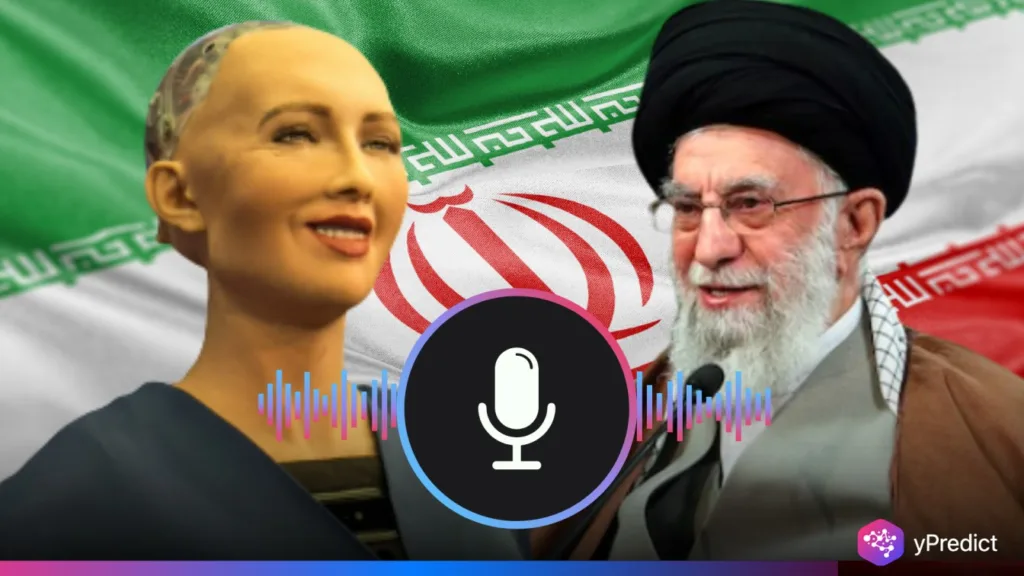
Iran’s Supreme Leader Ayatollah Ali Khamenei sounded the headlines on 16 September 2025 with a ban that reads like sci-fi – no AI-synthesized ‘female, melodious, or seductive’ singing voices. This fatwa drags an ancient Islamic rule–banning a type of singing called ghina–kicking and screaming into the AI age. Now, the law doesn’t discriminate against real women or real performances anymore. It marries robo-dialer manufactured voices, blending the modern and the classic. Word flew, igniting chatter inside and outside of Iran. But the move also demonstrates how AI voice tools are forcing old laws to grapple with new challenges.
Music, Power and Resistance in Iran
Iran’s leadership has never ceased its efforts to control what its people listen to. Western music became illegal after the ‘79 revolution. Concerts disappeared. Many musicians fled. But music didn’t stop. People moved on to cassette tapes, then CDs, then the web. In spite of restrictive legislation, the majority of Iranians consume banned music through underground streams and downloads. Government control declined as tech advanced. Now, AI voice technology puts a new twist on it. If you got a laptop, and the software, you can actually sing in minutes. The voice can sound like a famous musician—or just someone else. No human needs to sing a note.
The new ban targets this possibility. CEOs worry AI voices could sidestep censorship. If you can’t stop people from makin’ music, you try to stop machines. But tech outpaces law. Already, coders and hobbyists are discovering how to construct imperceptible crooning bots. The ancient game of restriction and resistance has turned digital. And the government wants to show it still pulls the strings. But with AI voices, the playing field is different. The outcome is certainly not a done deal.
The Timing: A Ban After a Crisis
This fatwa didn’t materialize out of nowhere. Just weeks earlier, Iran had been rocked by a short, but vicious war with Israel. The war had left nerves raw and leaders out looking for ways to bolster support. In hard times, governments crack down on culture. The ban on AI-generated female voices adheres to this pattern. It goes, even as the world changes the same old rules still rule. The shift is also a sign of the administration’s nervousness. The Internet, social media and now AI voice tech offer regular people fresh avenues to connect and create. Youth in Iran are no exception.
The challenge: Policing bans in an AI voice era
AI voice isn’t fringe anymore. Some, like ElevenLabs and Descript, make studio-quality voices accessible to anyone with an internet connection. You enter a sentence, choose a style and then a robot croons it back to you. No studio, no stage, no artist — just code. For a regime that bans music, this is a problem. How do you police a machine made song How do you arrest a fake voice? The usual old methods — raids, arrests, confiscations — don’t work here. Instead, Iran might block sites and apps. But users have workarounds.
The Bigger Picture: Tradition, Tech and Who’s to Decide
Khamenei’s ban on AI female singing voices isn’t merely about the audio or religion. It’s about having agency in a world where automata can impersonate us. choice with a fear of the new and an loyalty to the old. Iran’s ruling hopes to impose limits, but technology doesn’t abide by traditional rules. AI voice tools have arrived, and people will be putting them to use — secretly, innovatively, even rebelliously. The ban might slow them down, but it won’t stop them. Other countries are watching. They see AI voices blur lines of domination and emancipation. For Iran, it’s the commencement of an extended, hazy conversation–about reality, and who gets to define it.






